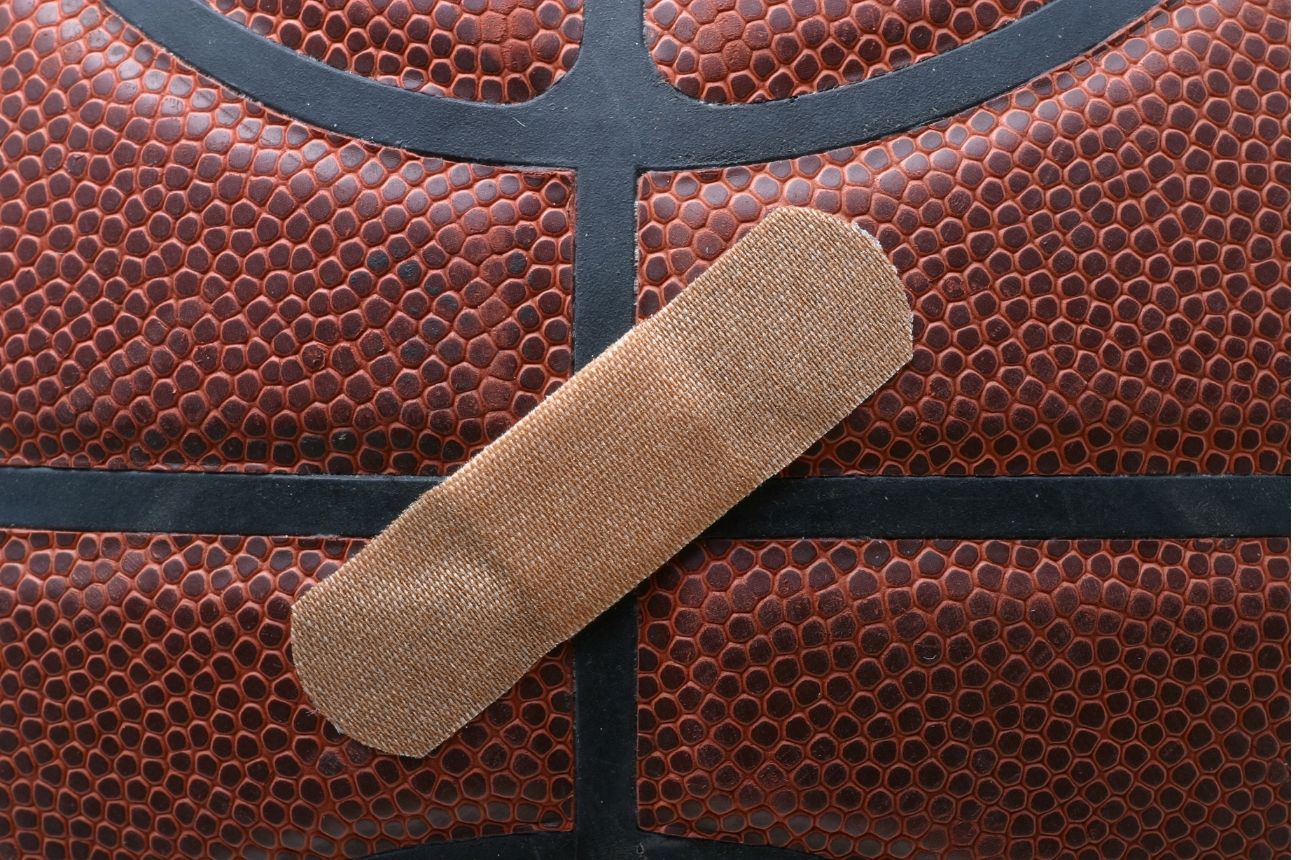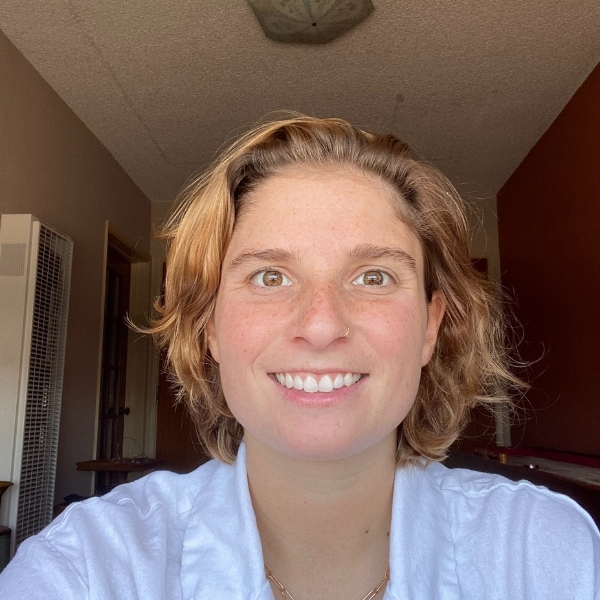
When the Sidelines Become a Lifeline
As a basketball player, you are expected to be dynamic and sharp on the court. Cutting hard off pick and roll screens so your defender gets caught, reading the defense to make the right move to the basket, understanding where you should be on the court at all times in all different types of scenarios. Injured basketball players are expected to recover and heal their bodies. Go to the training room before practice for treatment, go to the training room during practice for rehab, go to the training room after practice to ice bath and stretch. Your body needs to heal to get back on the court, to be a part of your team again. That’s the focus. But what about your mind, your mentality? Where’s the training room for how to navigate all the raw emotions that come with injuries and recovery, when all the focus is on the body?
After suffering three ACL tears during my basketball career, I’ve learned that the hardest part of recovery isn’t physical…it’s mental. It was devastating to realize that my own body was continuing to keep me off the court. Still, through that adversity, I gained some of the most valuable lessons on what it means to be a leader, a teammate, and how to show up for yourself even when you feel powerless. Losing the power to physically play basketball, I was able to gain a new power in my voice and bring value to myself as an injured athlete.
Tearing my ACL for the third time during my sophomore year of college—just months after returning from my previous tear— crushed me. I felt hopeless, useless, inessential and, most of all, powerless. Powerless over my basketball career, powerless over my body, and powerless on yet another long road of recovery. As someone who always had seen my strength through performance and athletic ability, losing that control left me feeling completely lost. But I was faced with a choice: let the injury define me, or find a new way to contribute. I chose to stay involved, to show up for my team as well as myself, and to be just as much a part of the game as the players on the court.
Learning how to contribute and be a part of a team without the ability to play was frustrating to say the least. I forced myself to the training room at all different times of the day, so I could get involved any way I could. Whether that was rebounding in a drill, refereeing a scrimmage, or just being in charge of the clock. During games, I began sitting at the very front of the bench instead of at the end where it was easy to disengage. Sitting next to my coaches, and being the first one to high five my teammates after they stepped off the floor, helped me keep my head in the game even when I physically was not. When we had film sessions, I would participate by strategizing, dissecting, and scouting whichever team we faced that week. Everyday I practiced and strengthened a new mentality: I can contribute to the success of my team and teammates by developing skills of communication, listening and off-court leadership. It was anything but easy showing up like that daily (some days were harder than others) but after a few weeks of going to practices/games not just to “be” there but to belong there again, the feeling of powerlessness began to fade.
The biggest lesson I learned from my injuries is that you have a choice everyday on how you show up, not just in sports but in life. After deciding that I wasn’t going to be a fly on the wall, I realized how much more I have to offer than making a basket here and there. My voice mattered. It mattered to my teammates, to my coaches, and to me, most of all. Known as a woman of few words, learning how to lead with my voice was brand new and uncomfortable, but I kept at it. I felt a twinge of power return when I began to speak up. At film, my coaches would listen to what I said. When I pulled a teammate aside during a hard practice to encourage them to keep going, they felt it. When I stood up to speak at halftime when we were down 15 points, everyone in the locker room actively engaged. A newfound power developed through my voice and kept me motivated throughout my recovery. I became a better teammate, a better player, and a better communicator because of it. I wouldn’t have the same confidence in myself or my voice if it wasn’t for all those months on the sideline.
Injuries are not easy nor are they fun; they are a challenge. Any athlete that has suffered an injury that took them off the court can relate to losing that sense of power that comes from playing the sport you know and love. You can’t let that define you though. Power does not come from a singular source but can be found, nurtured, and grown in so many ways. Finding power in my voice has taught me how to break through self doubt and mental lows with confidence and self love. It taught me that communication and vulnerability leads to strong relationships and connections. I learned that I am much more than just a hooper but a true teammate and leader. You choose what defines you every single day. Show up, be present, and if you ever feel powerless, believe that you are capable of so much more than you think.
Lauren was able to end her college career as a starter on her collegiate basketball team. Her teammates and coaches also nominated her to be captain her Senior year. Lauren was presented with the Department of Athletics' Stephen Gendzier Prize for overcoming hardship with perseverance after battling back from her 3 ACL injuries. Lauren also collaborated with her college’s Athletic Community Therapist and founded Brandeis Sidelines Group; a space for athletes struggling through injury & recovery and driven to overcome adversity, fostering a community within the athletic department that helps injured athletes build communication skills, learn how to thrive in a new roles, and talk to other athletes going through similar experiences.
“Above all, be the heroine of your life, not the victim"
- Nora Ephron

Lorem ipsum dolor sit amet, consectetur adipiscing elit. Suspendisse varius enim in eros elementum tristique. Duis cursus, mi quis viverra ornare, eros dolor interdum nulla, ut commodo diam libero vitae erat. Aenean faucibus nibh et justo cursus id rutrum lorem imperdiet. Nunc ut sem vitae risus tristique posuere.
Lorem ipsum dolor sit amet, consectetur adipiscing elit. Suspendisse varius enim in eros elementum tristique. Duis cursus, mi quis viverra ornare, eros dolor interdum nulla, ut commodo diam libero vitae erat. Aenean faucibus nibh et justo cursus id rutrum lorem imperdiet. Nunc ut sem vitae risus tristique posuere.